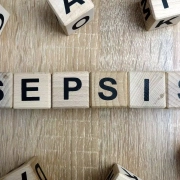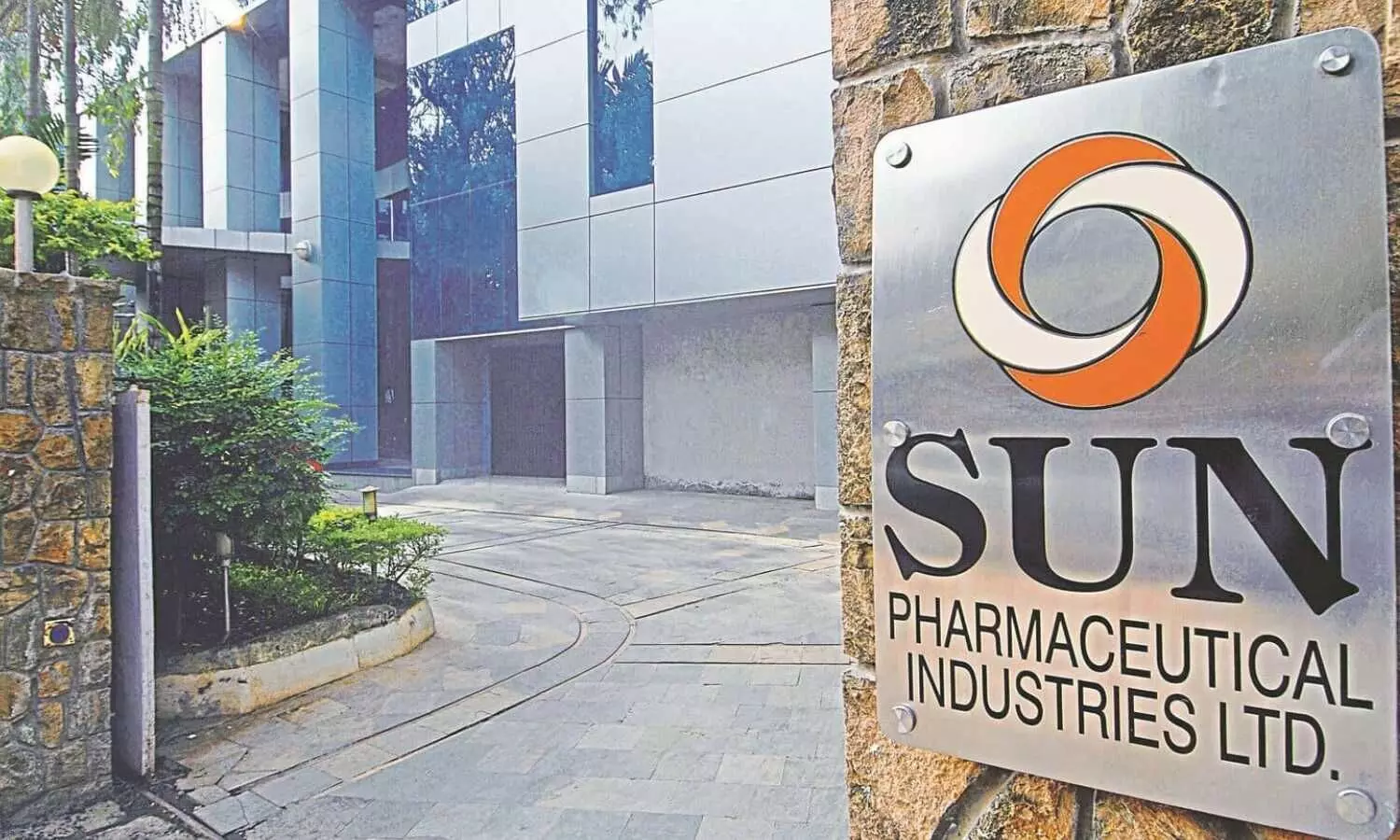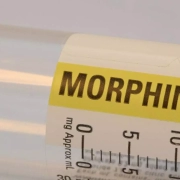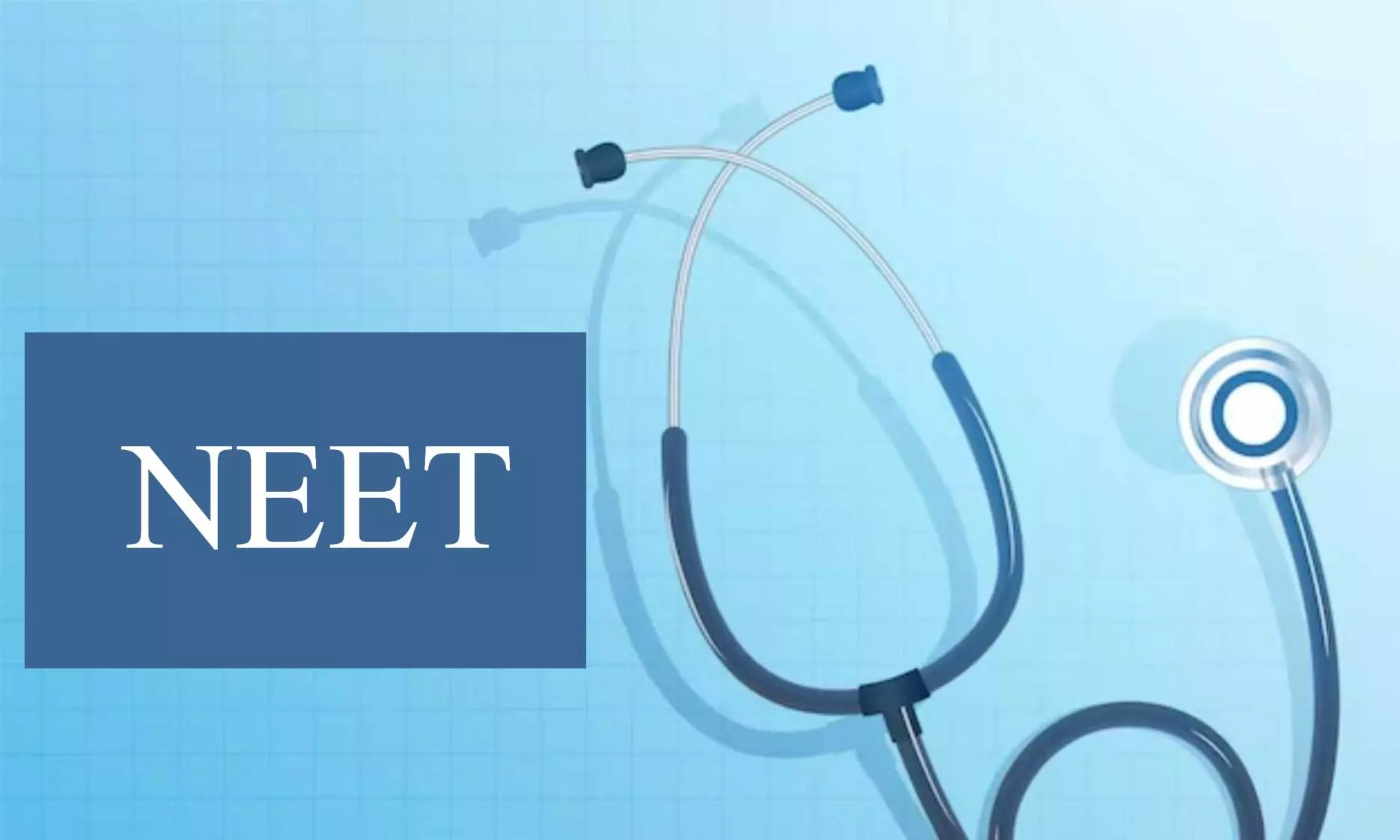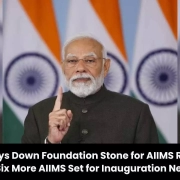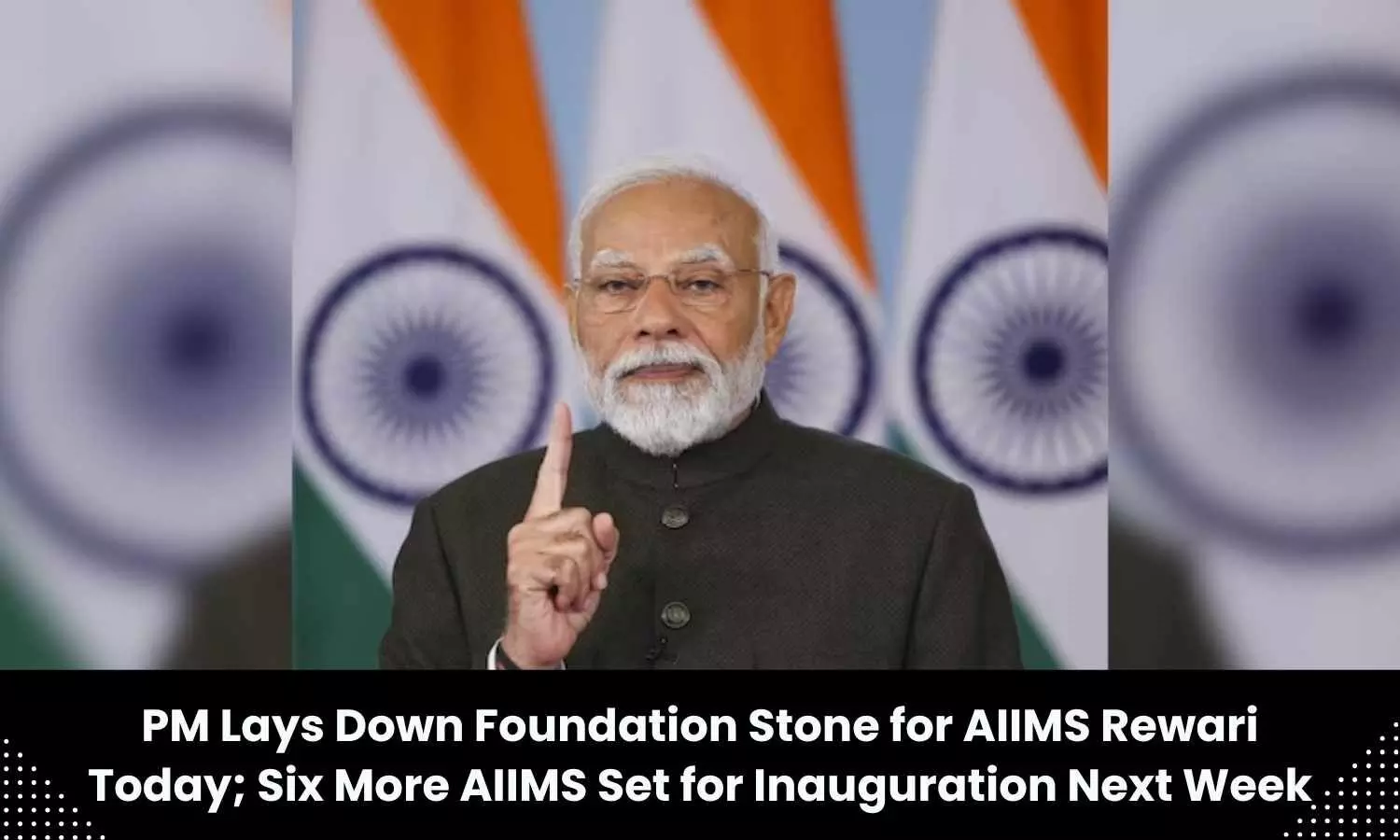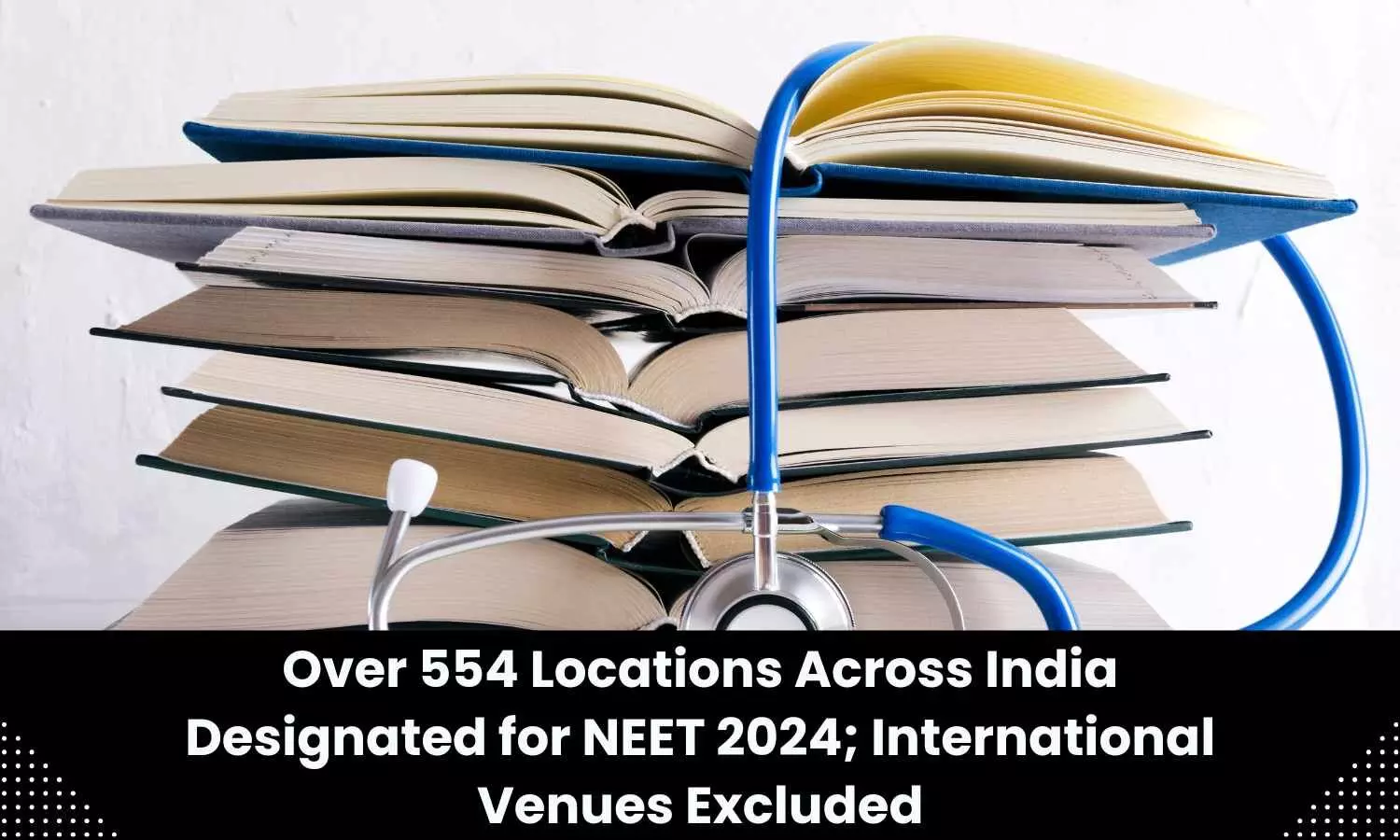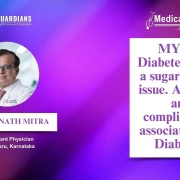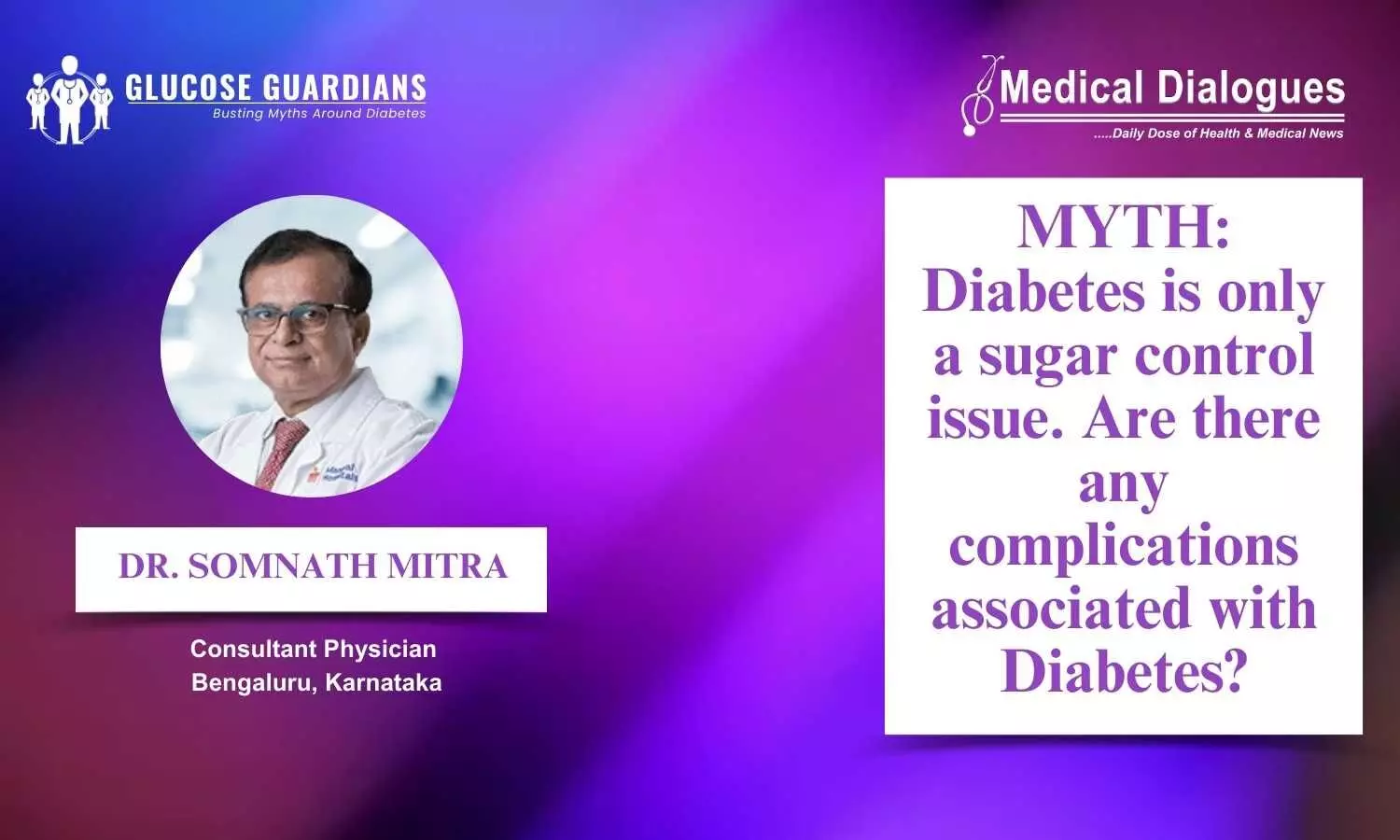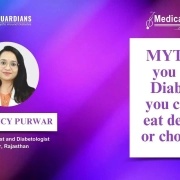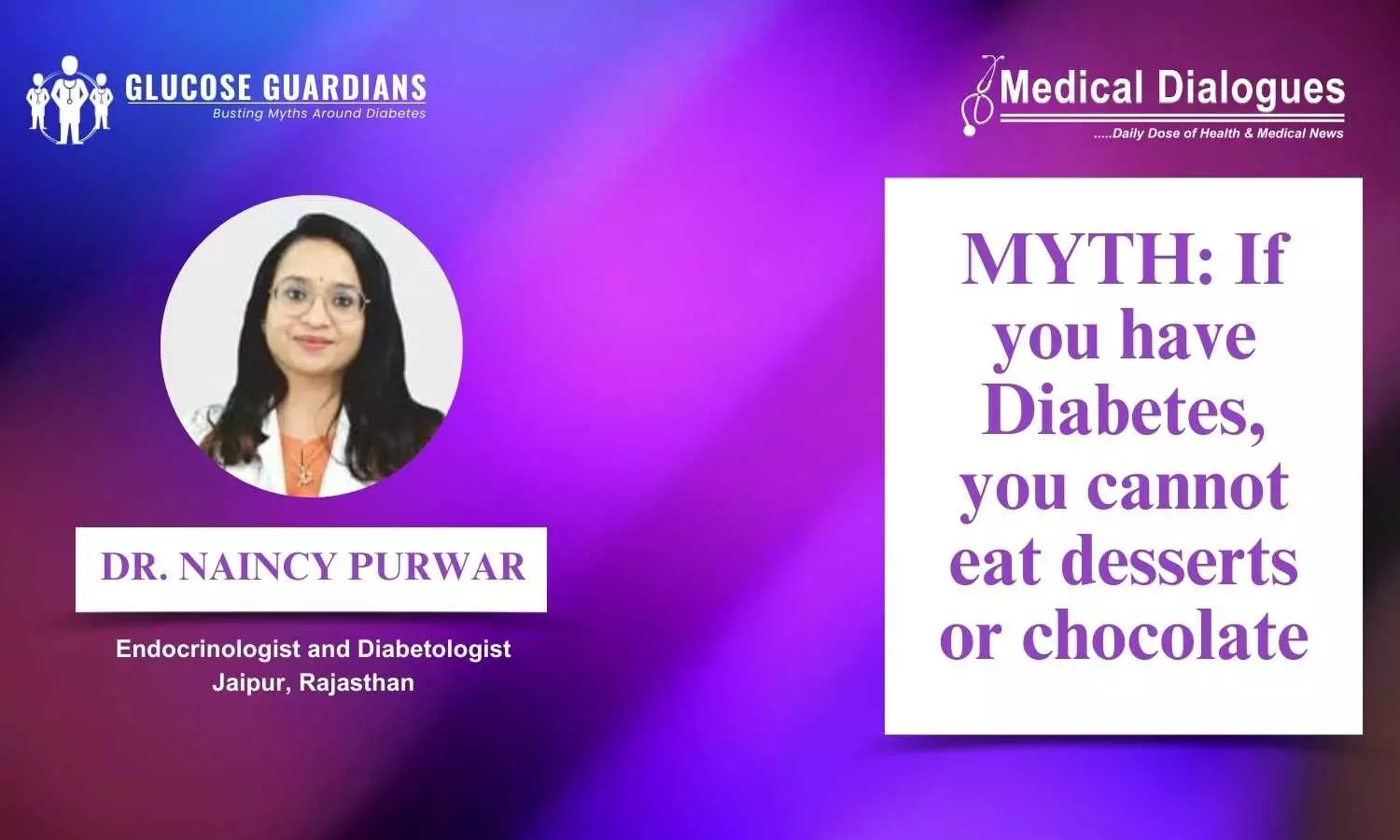Current strategies and forthcoming evidence for targeting the host response in sepsis
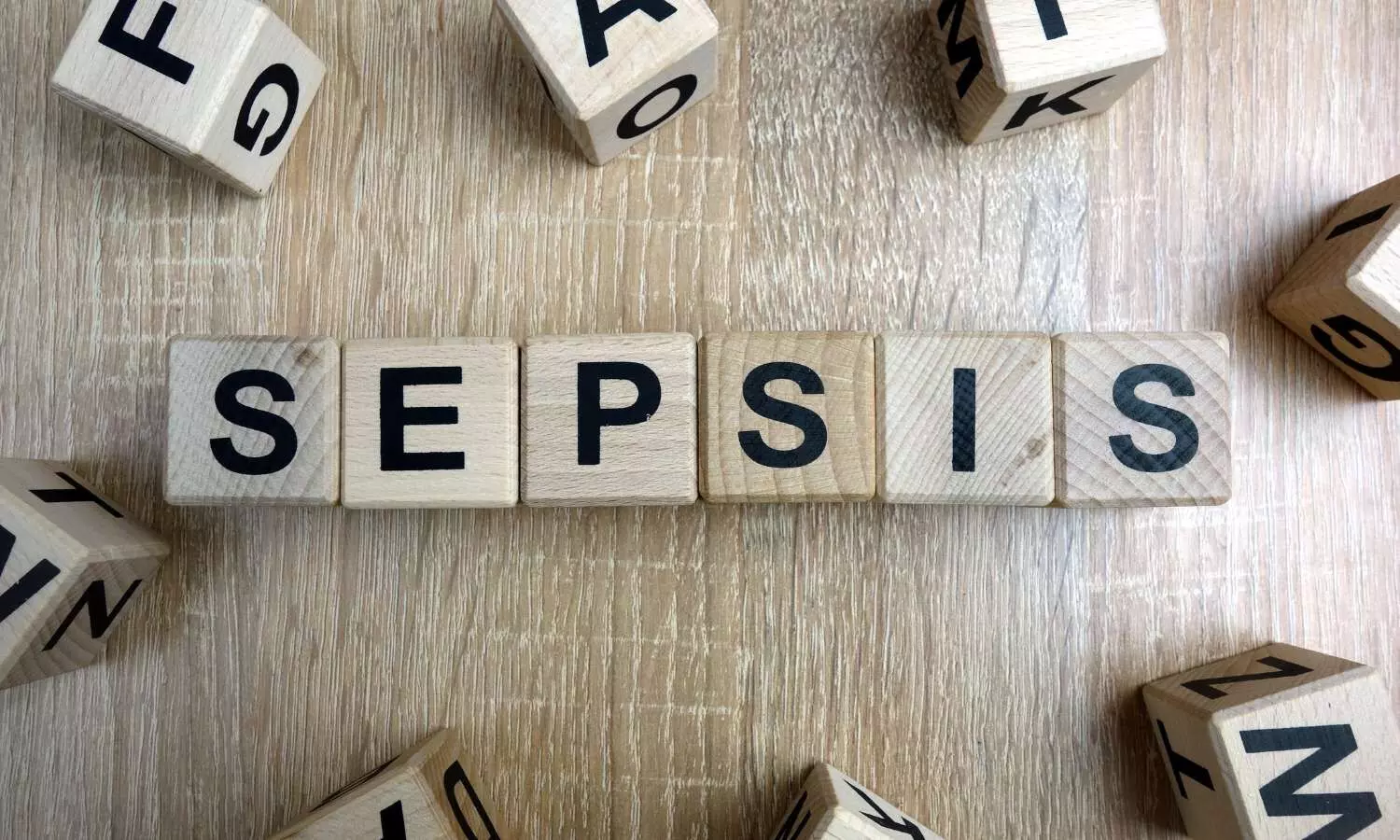
Immunomodulatory Treatments in Sepsis
Recently published research paper discusses the challenges and advancements in sepsis treatment, focusing on the varied immune responses of sepsis patients and the potential for precision immunotherapy to improve outcomes. It highlights the dysregulated host response to infection in sepsis and emphasizes the need to identify responders to specific immune interventions. The paper presents various immunomodulatory treatments, such as targeting tumor necrosis factor (TNF), interleukin-1 (IL-1) signaling, and IL-6, and discusses their effects on sepsis patients. It also covers the potential of targeting the complement system, glucocorticoids, antibiotics with anti-inflammatory properties, and other immunomodulatory agents in sepsis treatment. Additionally, the paper explores the role of immunostimulatory cytokines and growth factors, mesenchymal stem cells, immune checkpoint inhibitors, and extracorporeal strategies in modulating the host response to sepsis.
Precision Medicine Approaches in Sepsis
The paper emphasizes the complexity and heterogeneity of sepsis, underscoring the need for precision medicine approaches. It discusses the importance of identifying subphenotypes and endotypes in sepsis patients using biomarkers, immunophenotyping, transcriptomics, proteomics, and metabolomics, and highlights the potential for predictive enrichment to tailor targeted treatments. Furthermore, the paper addresses the role of the microbiome, host metabolism, organ dysfunction, and disease tolerance in shaping the response to infection in sepsis. It underscores the significance of understanding patients’ immunologic and metabolic status pre-sepsis to reveal risk factors and targets for immune modulation.
Future Perspectives in Precision Immunotherapy
The paper also outlines the future perspectives in the field of precision immunotherapy, the need for improved monitoring tools, and the potential for computational tools like artificial intelligence and machine learning to uncover new treatable traits. It further discusses the challenge of organizing clinical trials and emphasizes the importance of investigating organ dysfunction and finding better ways to understand host responses in sepsis patients. The overall focus is on personalizing and monitoring therapies to improve disease tolerance and modulate immunity in individual septic patients.
Refrence –
Bode, C., Weis, S., Sauer, A. et al. Targeting the host response in sepsis: current approaches and future evidence. Crit Care 27, 478 (2023). https://doi.org/10.1186/s13054-023-04762-6.
Powered by WPeMatico

